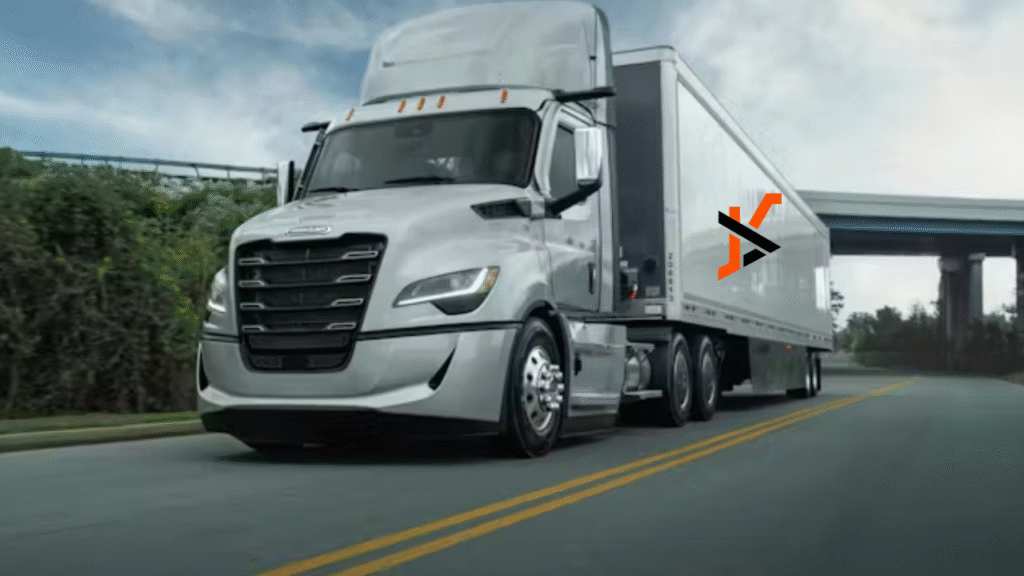New commercial trucks for sale in 2025 reflect the biggest shift the transport industry has seen in decades. With advancements in fuel efficiency, electric vehicle technology, and safety systems, businesses now have more options than ever when purchasing trucks. Whether you’re a logistics company expanding your fleet or a construction business seeking heavy-duty models, buying a new truck is both an investment and a strategic decision.
Why Invest in New Commercial Trucks?
Fuel Efficiency – Modern engines save long-term costs.
Advanced Safety – Collision detection, lane assist, blind-spot monitoring.
Environmental Compliance – EV and hybrid models reduce emissions.
Resale Value – New trucks retain value longer than used.
Types of Commercial Trucks
Light-Duty Trucks – Great for local deliveries.
Medium-Duty Trucks – Versatile for multiple industries.
Heavy-Duty Trucks – Construction, mining, long-haul.
Specialty Trucks – Refrigerated, flatbed, tow trucks.
Key Brands in 2025
Freightliner – Industry leader with EV models.
Volvo Trucks – Known for safety and long-haul efficiency.
Ford – Strong presence in light-to-medium duty.
Tesla Semi – Gaining traction in electric freight.
Mercedes-Benz – Advanced luxury and safety in commercial trucks.
Cost Factors
Prices vary depending on:
Truck type (light, medium, heavy).
Engine type (diesel, electric, hybrid).
Technology packages.
Financing vs leasing.
Average new truck prices in 2025 range from $50,000 (light-duty) to $180,000+ (heavy-duty electric models).
Leasing vs Buying
Leasing – Lower upfront costs, easier upgrades.
Buying – Higher initial cost but long-term ownership benefits.
Future Trends
Electric fleets will dominate urban logistics.
AI-assisted driving will reduce accidents.
Hydrogen fuel cells may power long-haul trucks by 2030.
Additional Considerations for 2025 Truck Buyers
Maintenance and service networks are now more advanced than ever. Many manufacturers provide extended warranties, predictive maintenance alerts, and remote diagnostic tools that save downtime and reduce repair costs. Telematics integration allows businesses to monitor fuel usage, driver performance, and delivery schedules, improving operational efficiency.
Sustainability is also becoming a key factor in fleet decisions. Governments worldwide are offering incentives for electric and hybrid commercial trucks, which not only reduce emissions but can also lower operating costs over time. Companies investing early in clean-energy fleets can benefit from tax credits, grants, and reduced regulatory pressure.
Driver comfort and ergonomics are another consideration. Modern trucks feature advanced cabins with better seating, climate control, infotainment, and connectivity, ensuring driver satisfaction and productivity during long hauls. Additionally, integrated fleet management systems now allow real-time tracking, maintenance reminders, and route optimization, enabling managers to make data-driven decisions that reduce costs, improve efficiency, and enhance customer satisfaction.
Conclusion
New commercial trucks for sale in 2025 offer unmatched opportunities for businesses to upgrade efficiency, safety, and sustainability. By considering long-term costs, technology features, and environmental benefits, companies can make informed choices that maximize ROI and future-proof their fleet operations. With smarter trucks, enhanced connectivity, and improved driver support, the next generation of commercial vehicles is set to redefine how businesses move goods and people efficientlyIn 2025, new commercial trucks combine efficiency, safety, and sustainability like never before. With advanced engines, electric options, AI-assisted systems, and ergonomic designs, businesses can optimize operations, reduce costs, and support environmental goals. Investing in modern trucks ensures long-term value, fleet reliability, and a competitive edge in evolving transport industries.

